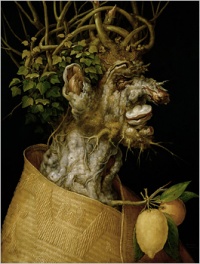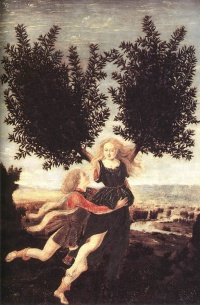From Leni Riefensthal’s book

[Amazon.com]
[FR] [DE] [UK]
I have a habit of running into ontological problems, so my third entry in the “cult fiction” series [1] is appropriately not really fiction. It’s documentary photography, a problematic genre that is neither fact nor fiction. The Last of the Nuba belongs to the realm of documentary, faction, pseudo-documentary and pamphlet.
Leni Riefenstahl, better known for directing Triumph of the Will and Olympia, published a collection of her photographs of the people titled The Last of the Nuba in 1974. The book was extensively reviewed in Fascinating Fascism by Susan Sontag.
Fascinating Fascism is quite an essay. It was first published in 1975 and republished in Under the Sign of Saturn, in 1980. The essay considers the link between fascist aesthetics to sadomasochism.
- […] Between sadomasochism and fascism there is a natural link. “Fascism is theater,” as Genet said. As is sadomasochistic sexuality: to be involved in sadomasochism is to take part in a sexual theater, a staging of sexuality. Regulars of sadomasochistic sex are expert costumers and choreographers as well as performers, in a drama that is all the more exciting because it is forbidden to ordinary people. Sadomasochism is to sex what war is to civil life: the magnificent experience. (Riefenstahl put it: “What is purely realistic, slice of life, what is average, quotidian, doesn’t interest me.” As the social contract seems tame in comparison with war, so fucking and sucking come to seem merely nice, and therefore unexciting. The end to which all sexual experience tends, as Bataille insisted in a lifetime of writing, is defilement, blasphemy. To be “nice,” as to be civilized, means being alienated from this savage experience—which is entirely staged.
I started reading the essay last evening, and haven’t finished yet, but time and time again, Susan Sontag strikes me as one of the most insightful cultural critics of the 20th century, way up there with Walter Benjamin.
The essay is of an era that also saw Salò by Pasolini and The Night Porter by Cavani, both aesthetic meditations on fascism and sadomasochism.







